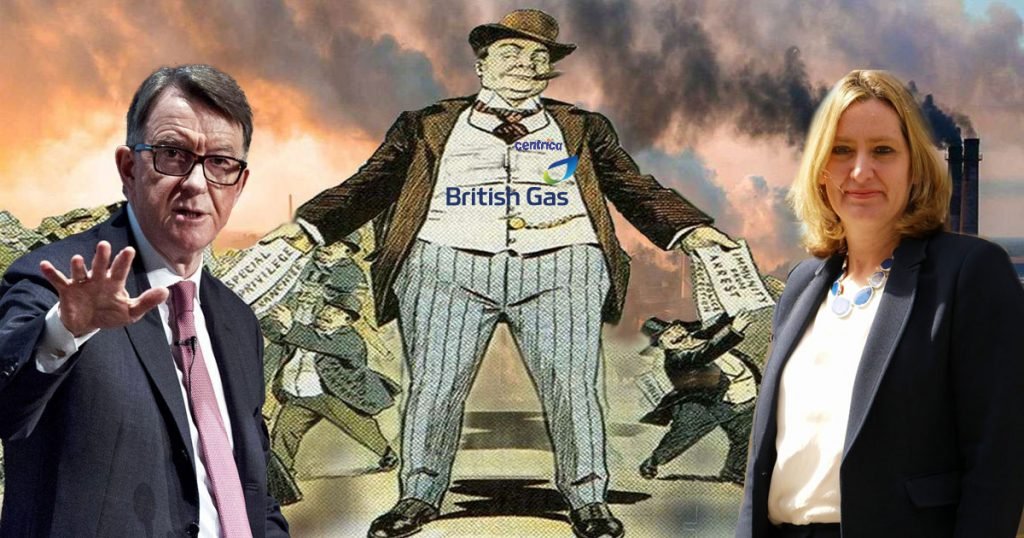Can the Banking crisis be contained?
The memories of the 2008 financial meltdown are still fresh in our minds, and it’s hard to ignore the parallels with the current economic climate, three banks bust in three days.
At the moment there is a huge effort to uphold confidence and stability in the banking sector but the truth is it’s struggling once again.
Silicon Valley Bank’s failure is the largest since Washington Mutual went bust in 2008, a hallmark event that triggered a financial crisis that hobbled the economy for years. The 2008 crash prompted tougher rules in the United States and beyond.
These developments in the US banking sector have sent shockwaves throughout the financial world, with the collapse of Silicon Valley Bank (SVB) marking yet another failure in the industry. The events of the past few days have highlighted the ongoing financial instability in the US, as regulators struggle to contain the fallout from the bank’s collapse and prevent a wider banking crisis.
SVB’s collapse was triggered by the bank’s need to raise capital after selling securities at a loss, leading to a bank run as customers withdrew their deposits. The bank’s failure has sparked fears of a wider contagion effect, with other banks coming under scrutiny and regulators forced to take action.
In response, the US government has taken steps to reassure depositors that their money will be protected, with a backstop measure announced by government officials including the treasury secretary and the Federal Deposit Insurance Corporation (FDIC) chair. However, concerns remain over the wider impact of the crisis on the US banking system and the economy as a whole.
One key question that has arisen is the extent to which the Federal Reserve is willing to go to tackle inflation. Inflation figures have been a major factor in the Fed’s decision-making around interest rates, but SVB’s collapse has raised questions about the central bank’s ability to manage the risks posed by the banking sector.
European contaminants.

The attempts at containment have not stopped European banks from feeling the effects as Silicon Valley Bank Fallout Nudges World’s Most Troubled Systemic Lender, Credit Suisse, Closer to Edge.
Most European banking shares have taken a beating since Friday but few as badly as Credit Suisse. One rare exception was Germany’s perennially embattled Commerzbank, which ended Monday 12% lower. But today Commerzbank, unlike CS, is in the green, albeit marginally. CS’ shares are now down 26% year to date, having fallen 67% last year.
For banks, a sharp fall in the value of shares is important since equity, along with disclosed reserves and certain other assets, make up their tier-one capital. Since barely surviving the last financial crisis without a public bailout, Credit Suisse’s stock has been in a death spiral, having lost over 95% of its value since 2007. The bank’s shareholders have already poured around $16.5 billion of additional capital into the lender since 2015, including the $4.3 billion of fresh capital raise in October. That is almost double its current market value ($9.41 billion).
The collapse of SVB and other banks raises concerns about the potential for another publicly backed bailout, and the impact that this could have on ordinary people who may end up paying the price for the actions of bad bankers.
Root cause: No one is willing to take on the Energy companies.

The energy crisis and the vast profits the energy companies are making are at the root of high inflation and the hike in interest rates, which has caused the cost of living crisis. Governments are compromised through lobby companies and the revolving door to take on the ochlarchy that is inflicting this assault on not only the working class but businesses too. Banks are now going bust and we the people will be left to pick up the pieces if this becomes contagious. We once again bear the brunt of a corrupt system bailing out both banks and businesses. The Energy companies must be brought to task.
Paul knaggs, Labour Heartlands.
Help Us Sustain Ad-Free Journalism
Sorry, I Need To Put Out the Begging Bowl
Independent Journalism Needs You
Our unwavering dedication is to provide you with unbiased news, diverse perspectives, and insightful opinions. We're on a mission to ensure that those in positions of power are held accountable for their actions, but we can't do it alone. Labour Heartlands is primarily funded by me, Paul Knaggs, and by the generous contributions of readers like you. Your donations keep us going and help us uphold the principles of independent journalism. Join us in our quest for truth, transparency, and accountability – donate today and be a part of our mission!
Like everyone else, we're facing challenges, and we need your help to stay online and continue providing crucial journalism. Every contribution, no matter how small, goes a long way in helping us thrive. By becoming one of our donors, you become a vital part of our mission to uncover the truth and uphold the values of democracy.
While we maintain our independence from political affiliations, we stand united against corruption, injustice, and the erosion of free speech, truth, and democracy. We believe in the power of accurate information in a democracy, and we consider facts non-negotiable.
Your support, no matter the amount, can make a significant impact. Together, we can make a difference and continue our journey toward a more informed and just society.
Thank you for supporting Labour Heartlands












